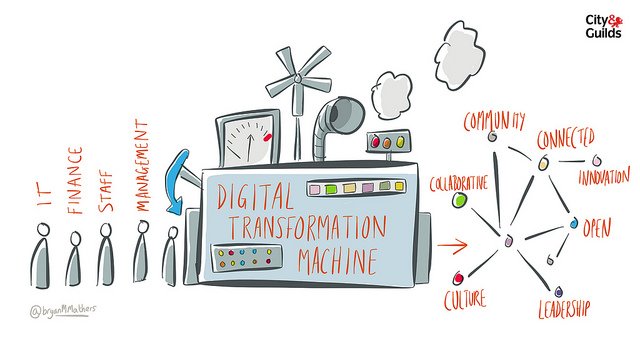Call for chapter submissions for a new edited collection, entitled:
Social theory, digital education and the Global South: Critical perspectives
Edited by
Cristina Costa and Ana Lucia Pereira
Book Overview (download leaflet):
- The impact of digital media on the social world is a global phenomenon that presents the education sector with a set of new challenges. Even though there is considerable body of research engaged in problematising the effects of digital media on education, the contexts in which these perspectives take place are to a great extent western and often lack social theoretical considerations. In this regard, the Global South has largely been portrayed through a conception of technical divides (access to technology) whereas questions of how new digital and social media interrupt, extend, transform and/or create new, alternative education practices from a multitude of perspectives is far less common. This approach, no doubt, relates to the epistemological and ontological stance one adopts for their research, and where, more often than not, western knowledge is confused with universal knowledge. Santos (2014) names the practice of privileging one type of knowledge over another ‘epistemicide’ and calls for the need to unlearn the dominant criteria by which we conceive the social. Understandings of the role(s) digital media play in education in the Global South would therefore benefit from engagement with different knowledge lenses.
- The concept of the ‘Global South’ is one that surpasses geographical location to focus on how colonialism, patriarchy and/or capitalist action has led to deep and ingrained social suffering (see Santos, 2016). It is however true that most research on phenomena that afflict the Global South finds its location in the southern hemisphere. With it then comes the care and the concern that the reality under study is (re)presented from the perspective of those who are part of and/or affected by it. With regards to the focus of this book, this means to explore not only the ways in which digital technologies – especially those associated with the web – drive or hamper education practices, but also whose practices they most affect, how and why.
- One of the key purposes of obtaining knowledge from the Global South is not just that of simply giving voice, but rather of sharing voice with those implicated and affected by the phenomena being explored (Santos, 2016, p.21). This requires methodological attention not only to what types of knowledge are being produced through research practices, but how these are developed and by whom. This presents a clear case to connect social theory to method as a core research activity, one that this book aims to promote and exemplify in its different chapters. In this sense, we are interested in exploring how social theories – such as those developed by Arjun Appadurai, Pierre Bourdieu, Judith Butler, Franz Fanon, Michel Foucault, Nancy Fraser, Paulo Freire, Stuart Hall, Jürgen Habermas, Edward Said, Amartya Sen, Gayatri Spivak etc. – can be applied (individually or hybridly) to digital education phenomena in the Global South. We are equally, if not more, interested in examining the application of alternative social theories that may help develop new understanding on the issues at hand.
- Hybridized forms of theory will be of particular interest to this collection as a form of advancing new knowledge through the intersection of different and/or emerging theories, as for example, works linking Gramsci to Freire, Foucault to Spivak, etc.
- In this regard, this book aims to explore the interplay between digital media practices and education (primary, secondary, further, higher, and adult and community education, as well as informal education) in the context of the Global South. We are particular keen on chapters which can advance existing theories and/or propose new theoretical debates. Chapters focused on the thematic of the book can explore a wide range of issues, as for example: Civil society; Colonialism; Culture; Curriculum; Identity; Language; Knowledge ecologies; Modernisation; Patriarchy; Social justice; The state, etc.
Chapter Proposals
Proposals for chapter contributions, in the form of a 400 word abstract, are requested (deadline: June 30, 2019). The chapter abstract must clearly detail:
- The focus of the research and the specific research question/aim.
- The social theory/ies and/or theorist(s) drawn upon for the conceptualisation of the research problem as well as how social theory-informed methodologies influenced the research process, i.e., research design, method, and analysis
- Explicit reflections of how the theory/ies used offer unique ways of thinking about the issues being explored.
Chapter abstracts should be submitted, in Word format, to the following email socialtheorydigitaleducation@gmail.com
Abstracts received by June 30, 2019 will be reviewed by the editors and authors notified of review results no later than September 1st 2019. A book proposal will then be sent to Bloomsbury Publishing: Social Theory and Methodology in Education Research Series.
Authors invited to submit full chapters will have until May 30th, 2020 for their submission, which will be followed by a peer-review process. Publication of the book: December 2020.










